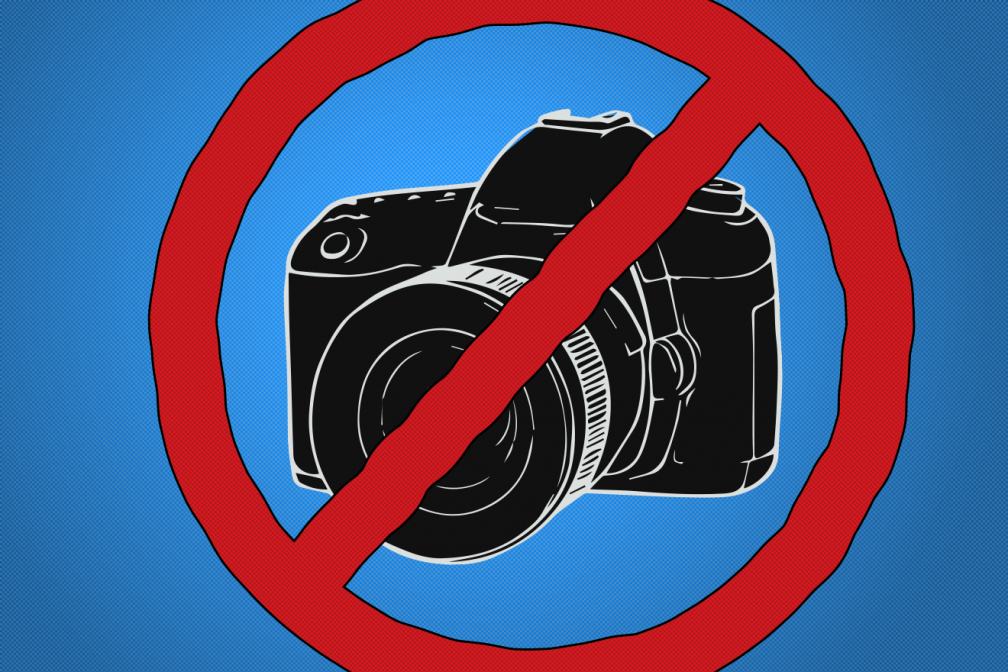 Comment
Comment
Dancing in the dark: Is club photography really necessary?
Documenting a night out is part of dance music culture – but it can have a detrimental effect on parties and the people who go to them
The occasional personal photo taken away from the centre of the dancefloor can be a nice memento but should any photography be allowed at all? From monolith clubs such as Berghain to small, local nights like Rhythm Section, a “no photography” policy has been a key aspect to maintaining the vibe of the party. Phonox also explicitly asks ravers to avoid using phones or cameras to take pictures while in the club, with staff calling people out if they’re seen waving a bright screen in the air. While it may seem to some like a harsh stance to take, unnecessary photography is a central complaint from clubbers and the absence of cameras allows the audience as well as the DJ to feel more comfortable. It also stops the possibility of people going one step further and standing in front of the DJ booth with an iPad, which sounds ridiculous, but it does happen.
Club photography isn’t just a mild nuisance though – it carries different implications for different people. Official photographers can wander around a crowd and snap people in the moment without requesting their permission. Especially if you are undocumented or queer, these photos could cause a real impact on your life if used without permission and seen by people in the public domain. Being at a nightclub can provide a great amount of solace for closeted queer people and a rare chance to be themselves and if photos of them emerge, they could be outed to people they know without their consent.
However, if done respectfully, club photography can provide a beautiful documentation of queer nightlife. As Dalston Superstore co-owner Dan Beaumont says, club photography is a big part of queer nightlife in the UK’s capital “from dress-up parties to more ‘specialist’ events.” If you’ve made the effort to put together an amazing outfit you want to be widely seen, you might be seeking the camera in the darkness rather than hiding from it. But there are lots of gay parties that do choose to opt out, putting camera shy clubbers at ease. While Beaumont admits that it’s not his favourite thing personally, it’s sometimes unavoidable. “About 99 per cent of it is fucking awful, but maybe that 1 per cent makes it worth it – as long at the cameras stay away from me!” He makes a salient point that in the decline of physically-produced memories such as membership cards and flyers to take home with you, photos are often a sole reminder of the night you’ve had.


